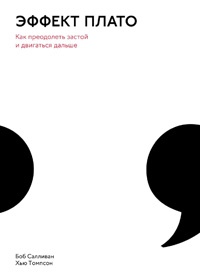Книга Эффект негативности. Как способность замечать плохое трансформирует нашу реальность - Джон Терни
На нашем литературном портале можно бесплатно читать книгу Эффект негативности. Как способность замечать плохое трансформирует нашу реальность - Джон Терни полная версия. Жанр: Книги / Психология. Онлайн библиотека дает возможность прочитать весь текст произведения на мобильном телефоне или десктопе даже без регистрации и СМС подтверждения на нашем сайте онлайн книг knizki.com.
Шрифт:
-
+
Интервал:
-
+
Закладка:
Сделать
Перейти на страницу:
Перейти на страницу:
Внимание!
Сайт сохраняет куки вашего браузера. Вы сможете в любой момент сделать закладку и продолжить прочтение книги «Эффект негативности. Как способность замечать плохое трансформирует нашу реальность - Джон Терни», после закрытия браузера.
Книги схожие с книгой «Эффект негативности. Как способность замечать плохое трансформирует нашу реальность - Джон Терни» от автора - Рой Баумайстер, Джон Терни:
Комментарии и отзывы (0) к книге "Эффект негативности. Как способность замечать плохое трансформирует нашу реальность - Джон Терни"
























